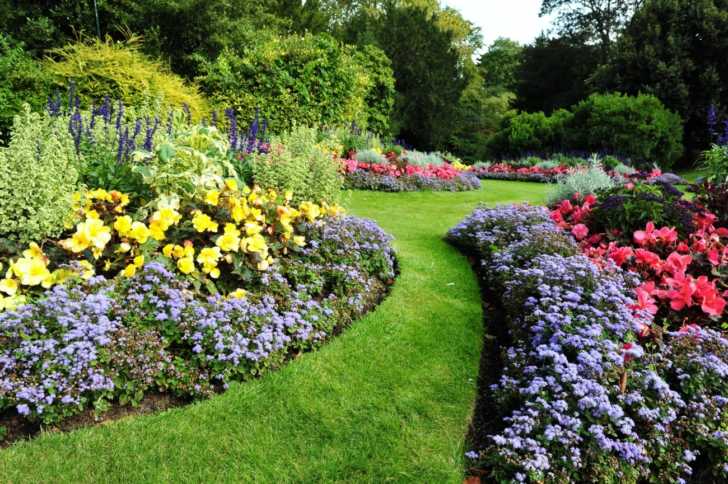
A good gardener knows: to tend a garden and cultivate what grows there is no easy task. As much as it’s a science of understanding soil conditions and proper planting times, it’s also an art. Gardens are not only sources of sustenance (from herbs to vegetables), but they’re also visually appealing as sources of color and beauty. Flowers often inspire poetic expression; from the planting of the seed, to the soil that provides sustenance, to the beautiful blooming of petals – each phase of flowering is ripe for poetry.
While he’s not famous for his work as a gardener, he is famous for cultivating beautiful expressions. William Shakespeare made frequent reference to flowers in his dramatic works, and his flowers are associated with love, beauty, sadness, madness, and the brevity of youth. Roses, violets, weeds, lavender, marjoram are used to draw particular associations, be they positive or negative. While his thumb was more likely stained with ink, seems that he had an affinity for a “green thumb” as well.
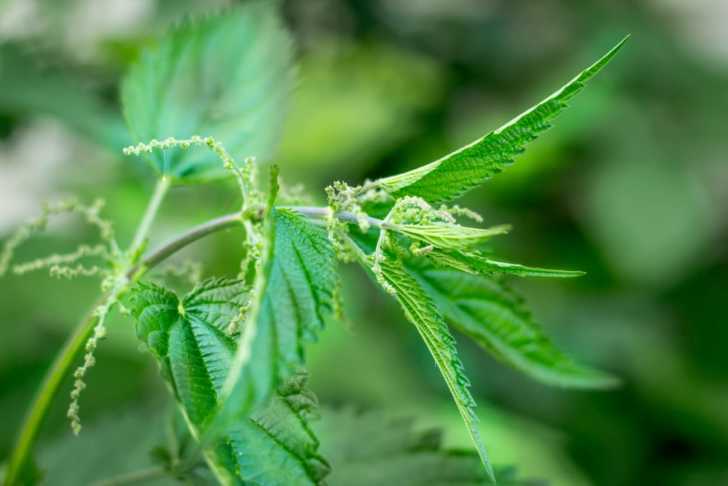
Flowers can be finicky – those of you with rose gardens know the alluring fragrance of the rose itself, but the hazards of thorns that stand as sentinels to the flower. Nettles are a bright green herb associated with having healing properties, but also known as stinging nettles – beautiful to look at but are painful to the touch. The word “pansies” is derived from the French ‘penseé’, which means ‘thought’. Marigolds, with their bright oranges, reds, and yellows, are associated with the rising sun but also with despair and grief. Shakespeare references each flower purposefully, relying on its visual beauty and emotional power.
What flowers, plants, or herbs are in your garden? Why do you plant them: for beauty, for function, or both?
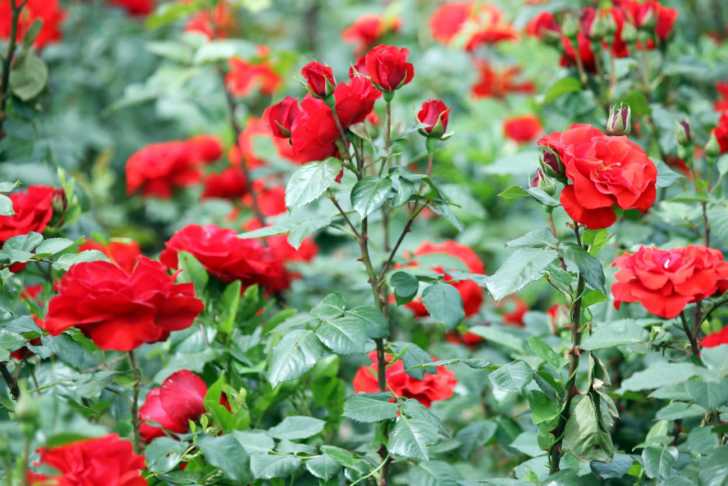
Shakespearean Flowers
What’s in a name? that which we call a rose
By any other name would smell as sweet.
— Romeo and Juliet (2.2.45-7)
The lily I condemned for thy hand,
And buds of marjoram had stol’n thy hair:
The roses fearfully on thorns did stand,
One blushing shame, another white despair;
— Sonnet 99
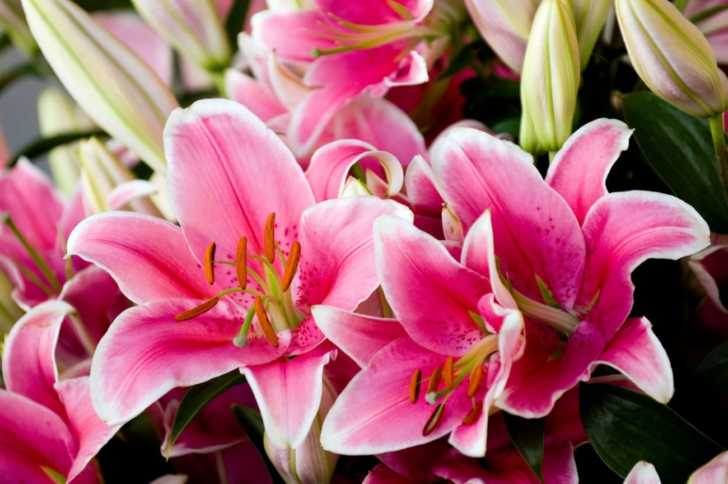
The lily I condemned for thy hand,
Here’s flowers for you;
Hot lavender, mints, savoury, marjoram;
The marigold, that goes to bed wi’ the sun
And with him rises weeping:
— The Winter’s Tale, 4.4.122-127
‘Tis dangerous to take a cold, to sleep, to
drink; but I tell you, my lord fool, out of this
nettle, danger, we pluck this flower, safety.
— 1 Henry IV (2.3.9-11)
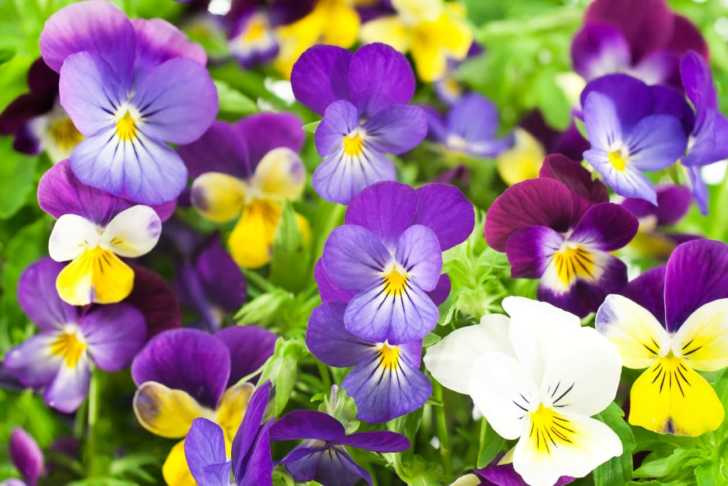
There’s rosemary, that’s for remembrance; pray,
love, remember: and there is pansies. That’s for thoughts.
—Hamlet (4.5.170-1)
To guard a title that was rich before,
To gild refined gold, to paint the lily,
To throw a perfume on the violet,
To smooth the ice, or add another hue
Unto the rainbow, or with taper-light
To seek the beauteous eye of heaven to garnish,
Is wasteful and ridiculous excess.
— King John (4.2.11-17)
SKM: below-content placeholderWhizzco for CRH

